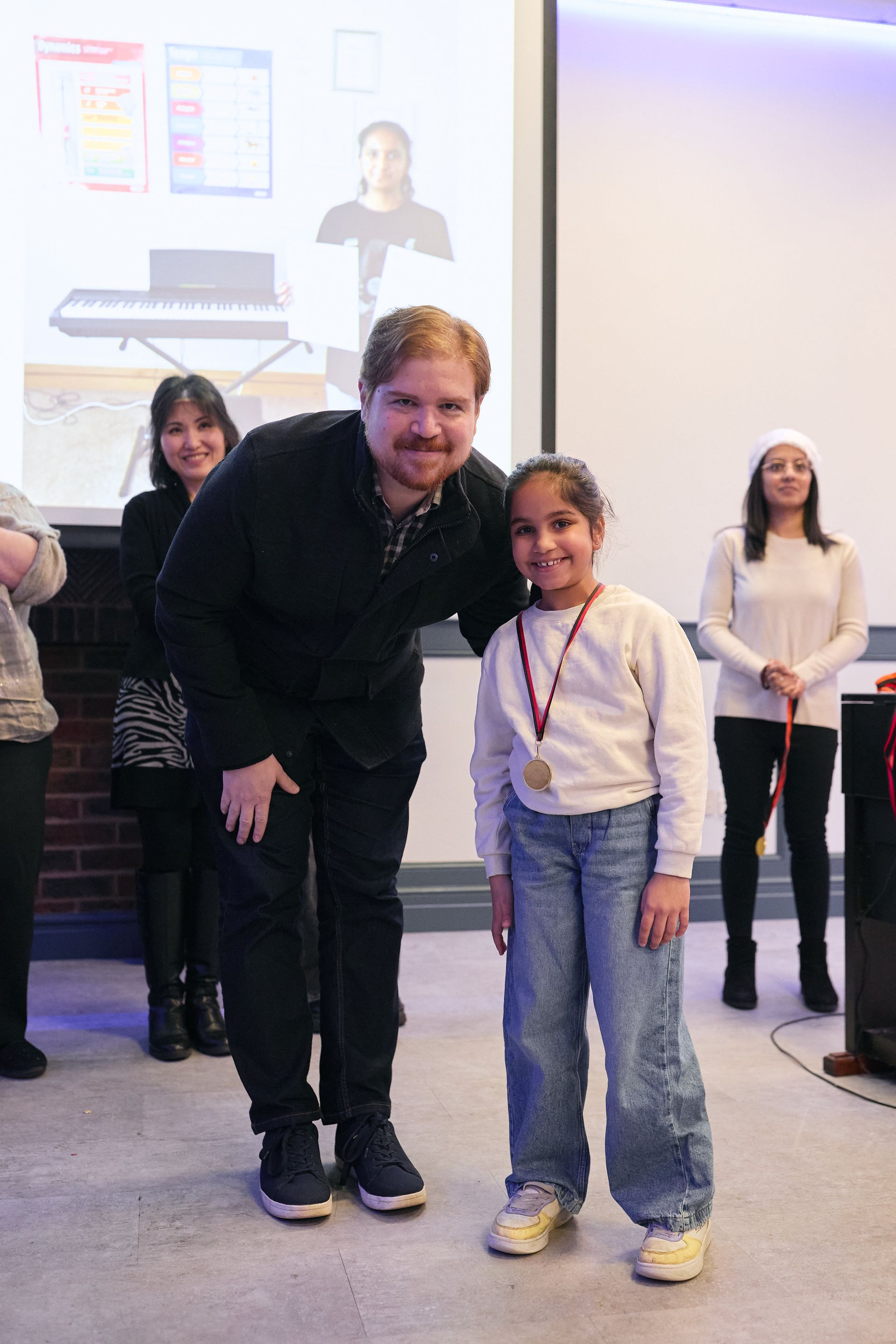TutorHive and Key Sounds UK Piano School
In today's fast-paced world, it is critical to ensure young minds have a balance of academic and creative education. That's why we are thrilled to announce the partnership between TutorHive and Key Sounds UK, a collaboration aiming to make musical education accessible, effective, and enjoyable. With shared missions, we are revolutionising the learning experience for students.
TutorHive has been at the forefront of redefining education by offering personalised tutoring, interactive resources, and experiential learning. Our goal is to empower students from diverse backgrounds to reach their full potential. Key Sounds UK, a renowned piano school in North-West London, is currently celebrating its six-year anniversary and track record of nurturing musical talent, helping students excel in piano sheet music, improvisation, and music exams.
Both TutorHive and Key Sounds UK recognise the importance of tailored learning experiences that cater to individual strengths and interests. By joining forces, we aim to provide a holistic educational journey that combines academic excellence with the joy of learning music.

Whether students are preparing for music exams or aiming to master their favourite songs, Key Sound’s dedicated teachers strive to meet individual targets and guide students towards success. At TutorHive we are committed to uplifting and showcasing the amazing work they do, as we understand that enjoyable learning experiences are essential for knowledge retention and progression.
The partnership between TutorHive and Key Sounds UK represents a powerful union in the realm of education. By combining our expertise, innovative approaches, and passion for empowering students, we are transforming the educational landscape. Together, we create a harmonious environment where students can thrive academically and musically.
We’re looking forward to keeping you posted on our collaboration and sharing more tips with our audiences in the future.
Feel to get in touch with us if you have any questions or you’d like to find out more!
Newman Tuition Contact: https://newmantuition.co.uk/contact-us/
Key Sounds UK Contact: https://www.keysoundsuk.com/contact



